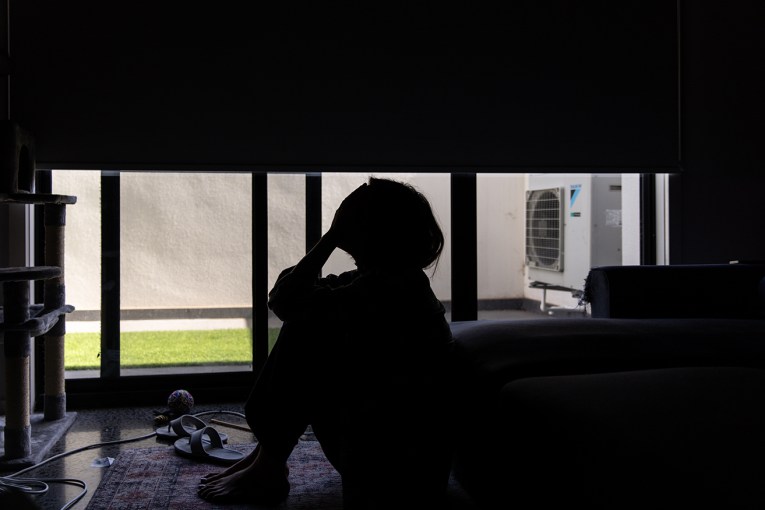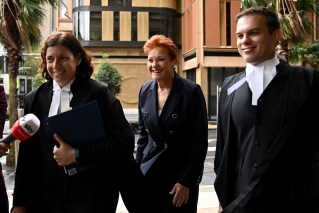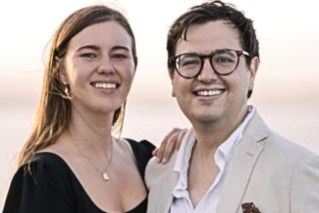Why some Australians listen when Senate becomes a forum for conspiracies

Source: X
When politicians stand up and use the Senate as a forum for conspiracy theories, worryingly, some Australians listen.
Pauline Hanson, railing against the Albanese government’s digital ID bill last week, claimed it was a “step towards the 15-minute cities already being imposed in the United Kingdom”, which is “heavily penalising anyone trying to travel outside their community”.
“This is a secretive international one world government,” she said.
After clips of Hanson’s fabrication were spread online, it sparked the most interest in the conspiracy-laden planning scheme since August 2023, according to Google Trends.
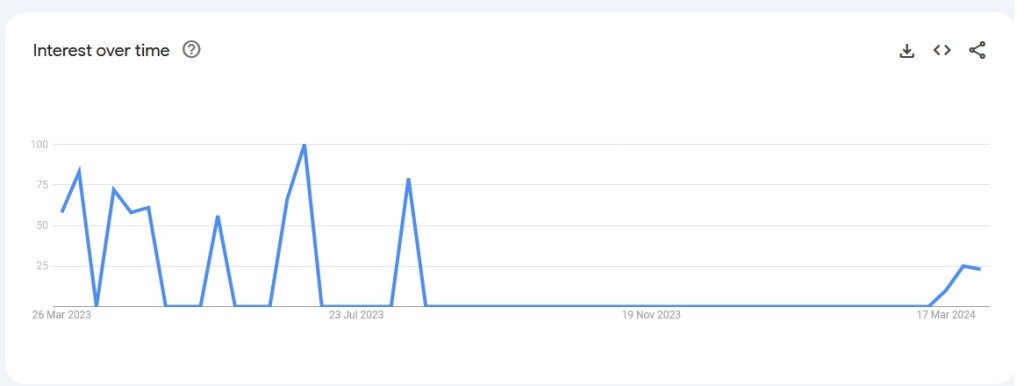
Hanson’s false claims about 15-minute cities spiked interest in the subject. Photo: Google Trends
Dr Naomi Smith, a digital sociologist at the University of the Sunshine Coast, said that politicians were helping legitimise conspiracy theories by putting them into the parliamentary record.
“It makes it harder to debunk because it has this weight of legitimacy after being spoken about by someone who’s elected to represent the public,” she said.
“There is political capital in these types of conspiracy theories in the information and political environment that we currently live in, which is obviously why Pauline Hanson has bought it up.”
Hanson’s claim that authorities in Britain are penalising or fining people for leaving their local area is false, and the misinformation around the 15-minute city planning concept has been thoroughly debunked.
Oxford, UK
The falsehood stems from Oxfordshire, where the local council introduced ‘filters’ that monitor licence plates and fine drivers during peak traffic periods, in a trial aimed at reducing congestion and making six specific areas more walkable.
In high-traffic areas, residents can park fine-free for 100 days a year, with widespread exemptions for “carers, blue badge holders, businesses, and emergency services”.
Nowhere in this plan do people face blocks or bans from entering busy areas. Instead, it aims to introduce low-traffic neighbourhoods, a concept successfully adopted in Britain and around the world.
Low-traffic neighbourhoods, introduced in the 1970s, restrict car access to make an area more accessible for walking and biking.
Smith said issues and culture wars were often imported from other countries.
“This has been playing out in Australian politics for a few years now,” she said.
“They’re going to continue courting a segment of the population that has a low trust in our democratic institutions and government.”
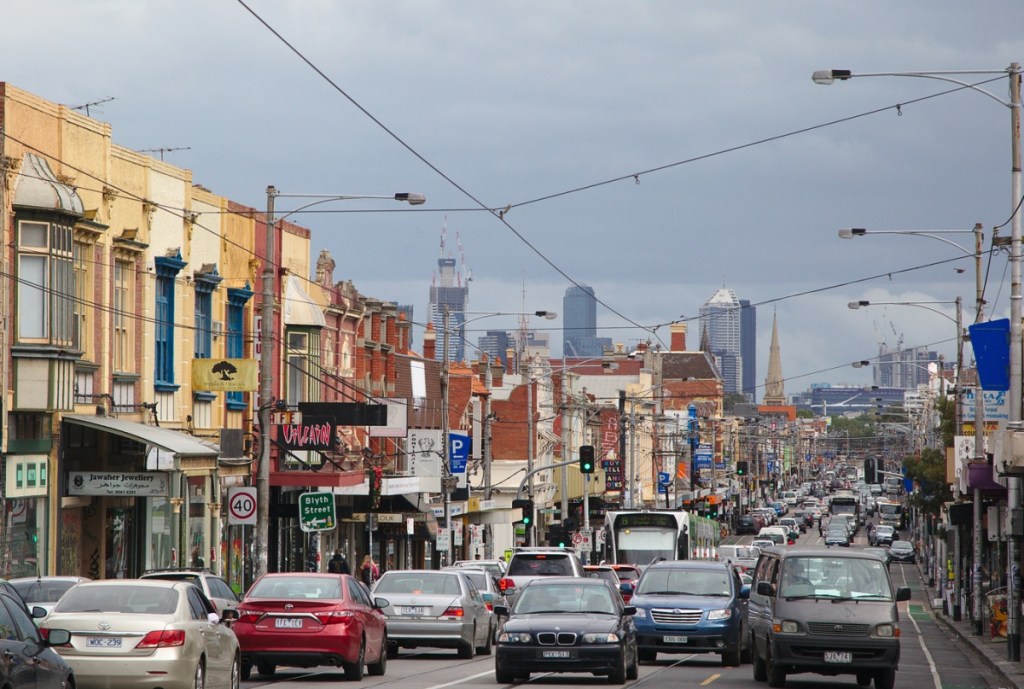
Efforts to reduce local traffic have created outlandish conspiracy theories. Photo: Getty
Legitimate criticisms of low-traffic neighbourhoods and 15-minute cities exist. However, misrepresenting the scheme as some form of social control by a shadowy cabal – soon to be introduced in Australia – departs from reality.
Dr Mathew Marques, a senior lecturer in psychology and researcher at La Trobe University, said it is important to consider the motive for spreading an already disproven theory or belief.
“If we take it at face value, it almost seems absurd or ludicrous for somebody to say those sorts of thing when they’re demonstrably false,” he said.
“If we look at the motivation for sharing or spreading a conspiracy theory as a means to signal affiliation of shared ideals and to attract followers, it makes more sense.”
Stoking the fire
Last year, conspiracy theories surrounding 15-minute cities reached fever pitch as those opposed regularly disrupted local council meetings.
One group even sued their local council in the Supreme Court of Victoria.
Marques said distrust in authority and institutions is a core element of conspiratorial belief.
“It’s important to have a healthy scepticism of corporations, authority and powerful people in society,” he said.
“Transparency in democracy and how institutions communicate to us can potentially facilitate people to be less likely to be attracted to these conspiracies.”
The dissemination of conspiracy theories does cause harm within Australia and globally.
A toxic mix of sovereign citizen-style conspiracies and Christian doomsday philosophy radicalised the perpetrators of the Wieambilla shooting.
The parents of the tragic Sandy Hook massacre still endure harassment a decade after the school shooting, fuelled by world-famous conspiracy theorist Alex Jones labelling them actors and frauds.
The Australian perpetrator of the Christchurch massacre was influenced by paranoia and fear stoked on the internet, while the January 6 insurrection at the US Capitol was caused by conspiracies and falsehoods spread by elected officials.
